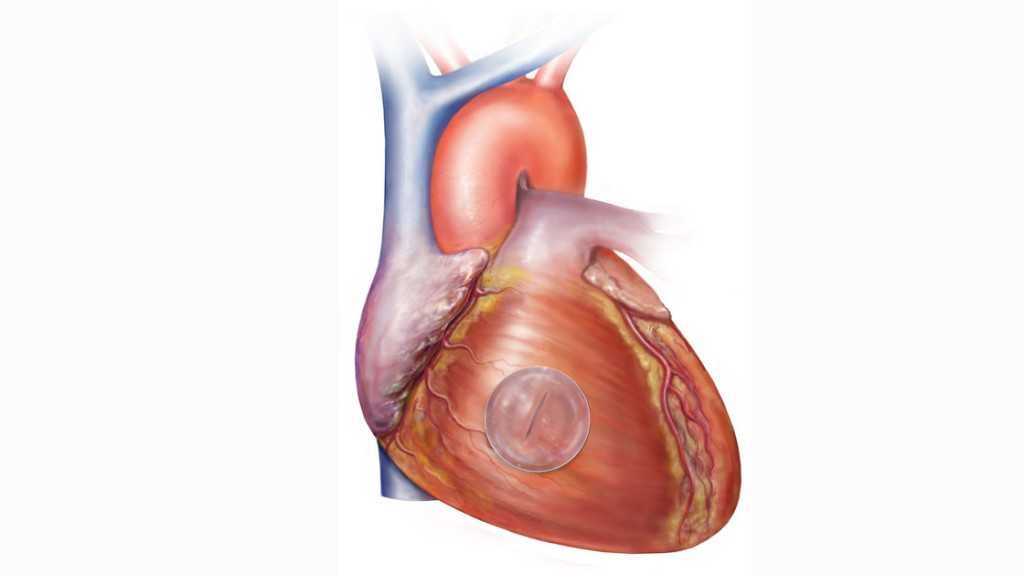A team of researchers from the hospital "Brigham and Women ”, in Boston, announced the creation of a new type of surgical glue, a material able to seal incisions in hearts or blood vessels with efficiency.
Superglue was inspired by sandcastle worms, living creatures on California's coasts, spending their lives on rocks and in very humid environments, or even under water. These worms live in colonies, and create their own pipes of sand and zirconium oxide.
Scientists have shown interest in the production of glue from different species of the animal kingdom, such as the glue the snail produces to stay stable on various surfaces for many years. These biological materials, which also include spider silk, exhibit interesting physical properties that could have important applications in medicine.
With the study of the sandcastle (scientific name: Phragmatopoma californica), scientists led by Pedro del Nido have recently made a glue that is not only biodegradable but also capable of sealing the arteries. The material has already been tested in mice, the team said.
In a paper published in the Jan. 8 issue of the journal Science Translational Medicine, Brigham's research team reports that the glue is strong enough to hold blood vessels and seal them even under the high-pressure conditions of the blood system. The sealing glue is also able to withstand the pressure caused by the beating human heart.
Dr. Del Nido and his team plan to use this glue to replace sutures and staples, commonly used methods to heal various incisions and wounds after surgery.
Sutures should not be removed from the medical market altogether, as there are certain types of interventions that are necessary. However, when it comes to heart surgery, the new glue can make a whole better job of sealing the arteries.
“A glue is the Holy Grail for heart surgery. At the moment we are using stitches" says the team leader. “Every time the needle and thread enter normal tissue, they do a little damage. It usually doesn't matter. But I operate on children's hearts. For children, this damage can really be a problem", he explains, in the NPR.
In cardiac surgery, the use of simple skin glue is not feasible. In addition to containing potentially toxic chemical cyanoacrylates, these substances tend to harden when in contact with water. If this happened in the heart, or in a blood vessel, the consequences could be devastating to patients.
The research team, which includes the biologist engineer Jeffrey Karp, says the glue has already completed a series of tests successfully. "We made a hole in the heart of a living rat and showed that we can seal it without removing the blood. The animals were fine after six months, explains Karp, adding that clinical trials in humans are the next step.






